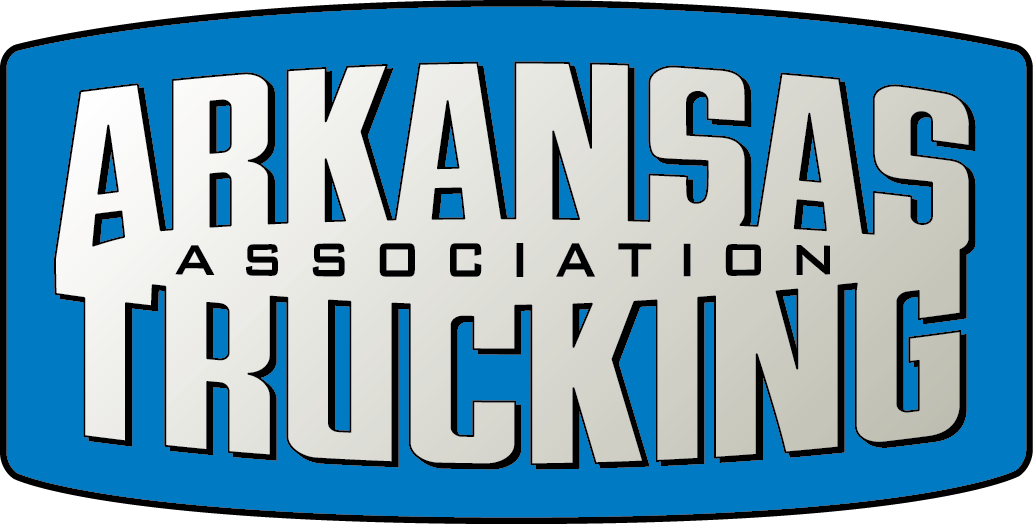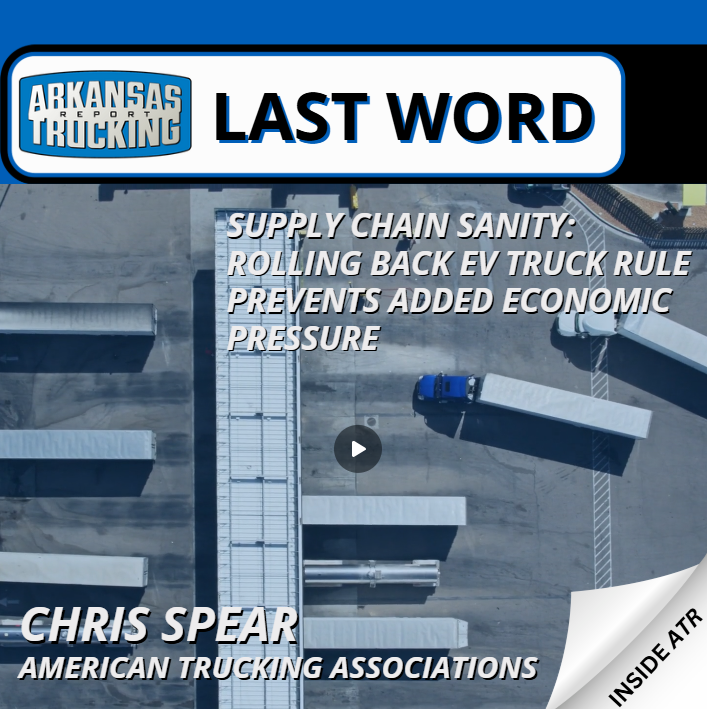By David O’Neal
History is replete with grassroots movements that have improved working conditions, brought down governments and in many cases, effected genuine and lasting societal change.
Within the trucking industry, organized labor movements have met with relative success, ebbing and flowing over the decades. Yet grassroots efforts have generally fallen short of their goals.
So it is with “Black Smoke Matters”, a recent social media-driven push to influence regulations, primarily around hours-of-service. Their name is an admitted adaptation of “Black Lives Matter”, a movement that campaigns against violence and racism. It’s also intended, according to their public comments, to evoke an “old school trucking” mindset of the days before environmental regulations cleaned up the exhaust and emissions. And there are elements of “Anonymous” in at least one of their online videos, complete with a Guy Fawkes mask, ominous music and a distorted and bass-heavy vocal track with menacing demands for what they consider reform.
In the physical world, their attempts for attention have taken the form of “slow rolls”, where, as the name implies, a number of trucks slow down the flow of traffic in a given area, thus potentially giving them exposure and a platform to air their issues. Based on photos and videos from their website, these slow rolls have taken place in two states.
If slow rolls weren’t enough, organizers of the movement are now working toward a nationwide shutdown to be held in April. While their promotional flyers aren’t specific about how the shutdown will function, or how long it will last, it again appears to be a grab for attention.
With attention, they hope, will come change – or, more specifically, a reversal of recent regulatory actions. Declaring the December 2017 mandate for electronic logging devices to be unconstitutional, they instead want ELD use to be optional. Left unanswered in their petitioning is the impact such an action would have on hours-of-service compliance, as well as the return to an unlevel playing field where oversight and enforcement is difficult in the best of circumstances.
Black Smoke Matters also takes issue with hours-of-service in general. However, in their list of goals, they request no specific changes – merely that the Federal Motor Carrier Safety Administration use “conceptual reasoning” in formulating changes, as opposed to what they describe as “thinking in a linear fashion” in the past.
A core element of our representative system of government is to hold public officials accountable. A certain level of tension, usually in the form of checks and balances between the branches of government, and between the populace and the government in the form of elections and direct petitioning, is necessary to maintain the overall health of the system.
But the methods by which those petitions – in this case, demands – are delivered can and do make a difference in how seriously the demands are considered. Wearing masks in online videos and advocating a desire to shut down interstate commerce, whether or not you agree with the need for change, likely diminishes the chances of seeing said changes enacted. And possibly the most damning of all is the apparent lack of data in support of the requests.
I’d like to be sympathetic to their cause, even if I have different views of ELDs and their other issues. I talk regularly to drivers from companies of all sizes. I hear the good and the bad – how a regulatory action that looks good on paper is impractical at best when a driver is behind the wheel, or trying to find a safe place to park, get their rest and a myriad of other daily challenges. I enjoy those conversations in part because I almost always learn something new. And I appreciate a good argument and back-and-forth exchange of ideas, especially those that challenge my assumptions. It makes me better at my job, and better able to articulate different perspectives.
Black Smoke Matters has chosen a different path for their criticisms, using imagery from the darker corners of the internet, a name that’s derivative of another more commonly known movement, and demanding change absent data. Predicting the success of this or any initiative is always a dicey proposition, but with history as a guide and the tactics they employ, will it be a surprise if their efforts go up in smoke?
David O’Neal is the vice president of safety programs and industry engagement at Arkansas Trucking Association.



